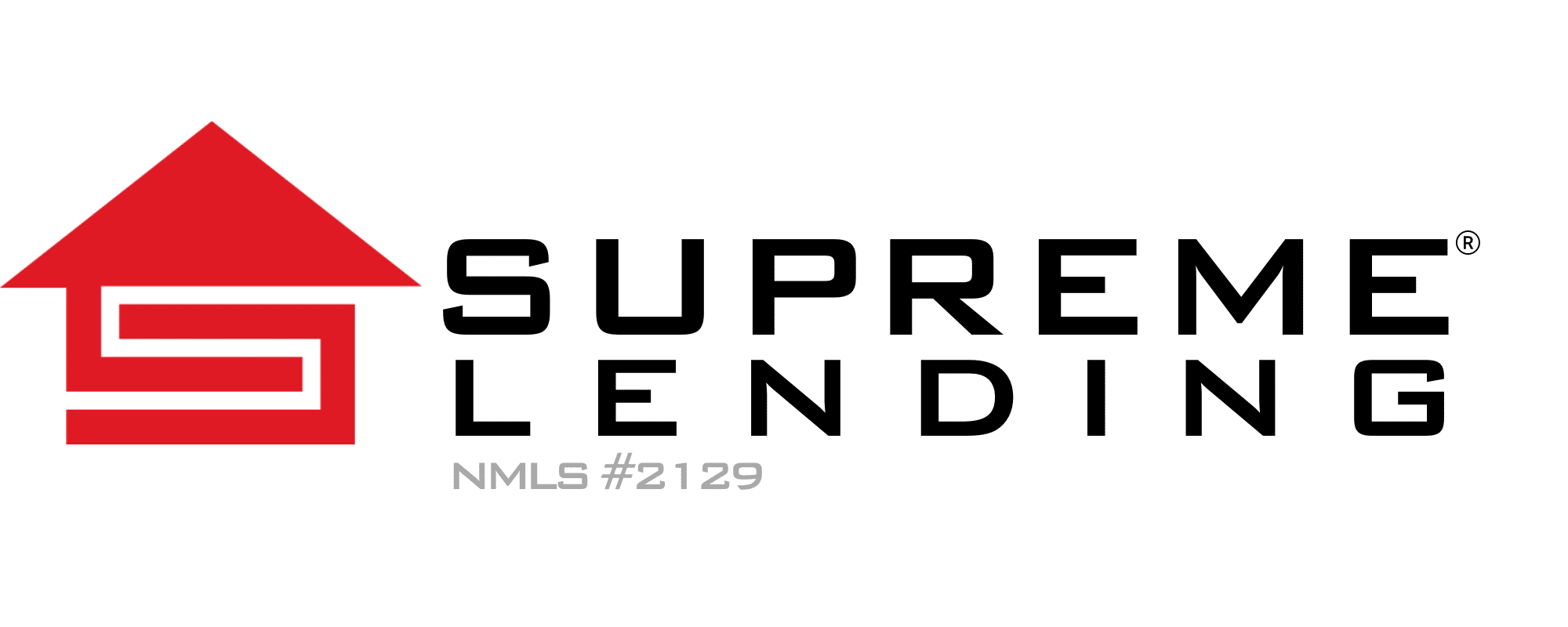You need to have a certain amount of equity on your home to qualify for a cash-out refinance. That’s your collateral.
Say your home is worth $250,000, and you still owe $150,000 on your mortgage balance. That gives you $100,000 in home equity (40% of the home’s value).
You want to retain at least 20% of your home’s equity after you refinance, so that allows you to borrow $50,000.
To borrow that number, you take out a new mortgage for $200,000 ($150,000 already owed with an additional $50,000) and get a $50,000 check at closing. This does not recognize your closing costs, which are about 3-6% of the total loan amount and are often rolled into the mortgage.
Ready to get started? Contact us today for help answering any of these questions to help you decide whether cash-out refinance will help you.
